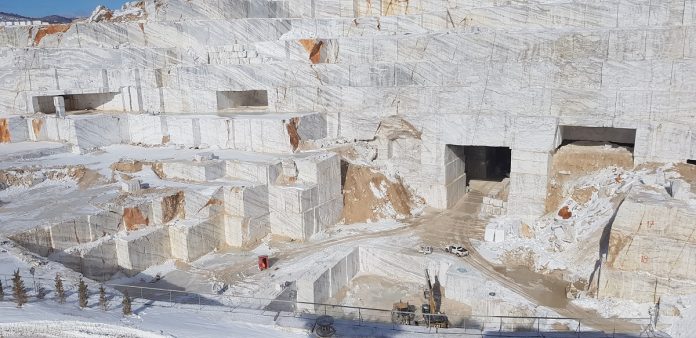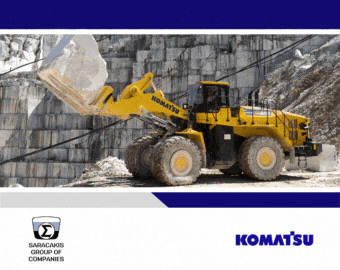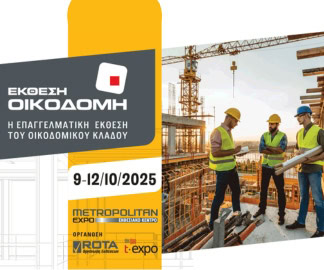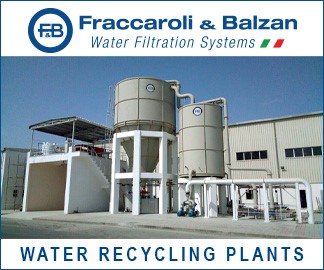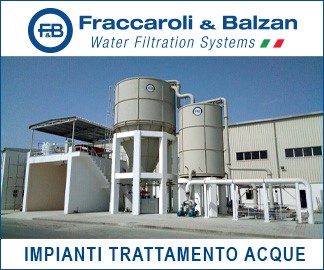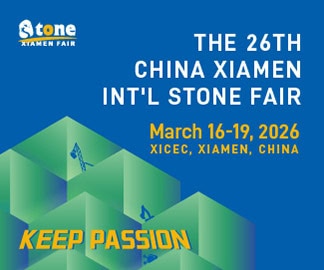The Chinese economy is gradually recovering as it returns with a desire for extroversion and restoration of communication with global businesses after lifting the strict pandemic restrictions. The People’s Bank of China’s decision to keep interest rates unchanged also underlines the stabilisation of the world’s second-largest economy, with the travel, hospitality and other services sectors recording a rapid recovery in recent weeks, suggesting an increase in consumption.
As a major trading partner that absorbs and consumes large volumes, China significantly impacts the performance of several sectors that rely heavily on this Asian market for their growth and economic vitality. Among these is the Greek marble industry, where more than 50% of its exports go to China, and in the last two years, it has had to deal with unusual situations to maintain its viability. Market players believe that another year with limited Chinese buying interest would be disastrous for the sector, which is considered one of the most energy-intensive and suffering from the energy crisis.
“The Chinese market seems to be recovering after the three years of the pandemic with consecutive lockdowns. We are preparing to welcome several Chinese customers to our quarries in February after the Chinese New Year. During the pandemic, as is well known, our exports were greatly reduced as China is the largest importer of Greek marble. The information we are receiving refers to a general recovery of the Chinese market and the construction industry, in particular, which has been in recession throughout this period. Besides, the International Marble Exhibition in Xiamen in China will take place in the summer after four years”, said the President of the Association of Marble Enterprises of Macedonia and Thrace, Greece and Vice President of Iktinos, Julie Haida to Fortune Greece.
Closely following the economic-geopolitical developments at the global level, the Association of Marble Enterprises of Macedonia and Thrace, Greece is examining alternative scenarios for 2023, as it seems that it will be another year where unpredictable exogenous factors will determine the course of the industry, with companies continuing to relentlessly pursue contacts abroad and participation in international exhibitions to keep the buying interest unquenched.
“We should maintain a cautious optimism about the Chinese market because we cannot predict how immediate the recovery’s results will be and when and if it will be fully normalised. Certainly, our industry is not solely based on China, it is just that China has held the largest share of our exports. Several moves have already been made to strengthen traditional markets that absorb large quantities of semi-finished and finished marble products, such as the US and the UAE,” she says.
It is noteworthy that the Association of Marble Enterprises of Macedonia and Thrace, Greece, with the support and planning of Enterprise Greece, organised a specially designed pavilion of Greek marble at the Big 5 Construction UAE exhibition in DUBAI for the first time. There the integrated brand identity GREEK MARBLE was presented. The existence of a brand for the new, sectoral brand GREEK MARBLE, with the tagline “Then. Now. Forever.”, reflects the history of Greek Marble and the central theme of the national industry pavilion.
At the same time, at the end of January, the Association was present with a GREEK MARBLE national pavilion at the TISE/StonExpo exhibition in Las Vegas, also for the first time, while these days it is in Riyadh, Saudi Arabia. “It is an important initiative because our participation in this exhibition as a member of the Natural Stone Strategic Alliance supports the creation and development of an exhibition for the targeted promotion of natural stone in the US market. All these initiatives of the Association of Marble Enterprises of Macedonia and Thrace, Greece, are aimed at developing the industry, expanding dynamic markets and opening new ones.”
Responding to whether the volumes lost from China can be covered by other markets, such as the US and India, which are economically strong and with high populations, Ms Haida clarified that the US mainly absorbs finished marble products and not tumbled marble. The Indian market is an immense market which buys marble in large quantities, but it cannot replace the Chinese market completely, even if it covers a significant part of the marble loss from China. She adds that other markets buy marble, such as Egypt, Tunisia, and Algeria, but they prefer low-cost grades which cover some of China’s lost sales.
Fears of a new cycle of recession
The President of the Association of Marble Enterprises of Macedonia and Thrace, Greece, concludes that the current period, characterised by inflation, high transport and energy costs, is a time of intense fluctuations and multiple problems affecting every type of business.
“The increase in prices of electricity, oil and raw materials has peaked in recent times, causing a significant problem in the market with major repercussions. Unfortunately, the constant revaluations are upsetting the budgets of all businesses. Specifically for the marble industry, our sector, these increases have affected our production costs by 10-15% and, of course, our overall operating costs. As they are impossible to be absorbed by businesses, they increase the prices of our products or drive businesses to reduce liquidity and profitability, thus threatening their viability,” she says.
The consequence of all the above large and sharp increases is the multiplication of production costs, the undermining of the competitiveness of Greek marble products, and the shrinking of profit margins, while in the medium term, the chances of creating a new cycle of recession are increasing, as high final prices may cause a decline in demand.
Source: www.fortunegreece.com


